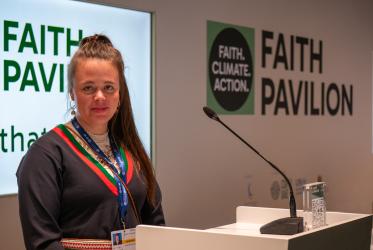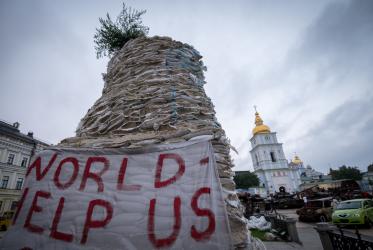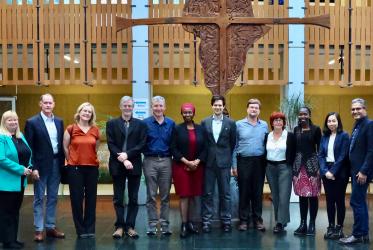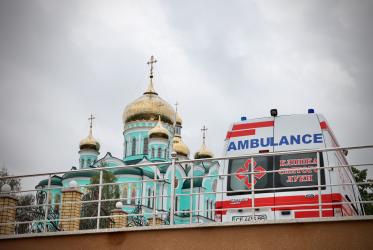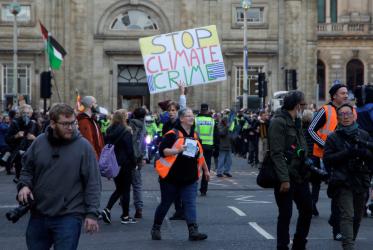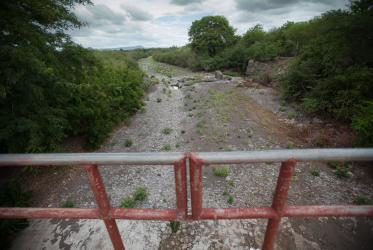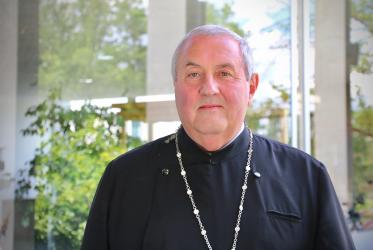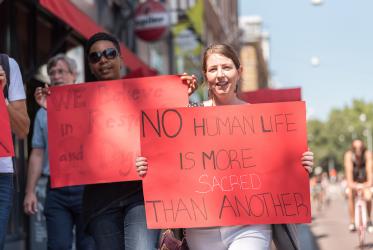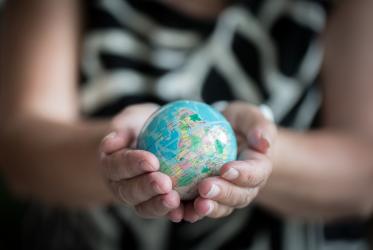Displaying 1 - 20 of 44
Ukraine: Responding to humanitarian need
08 September 2022
Monastery in Ukraine responds to the consequences of war
09 August 2022
WCC executive committee tackles public issues
07 November 2018
Real economic reform still sadly missing, says WCC
07 November 2018
